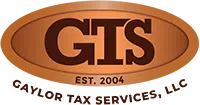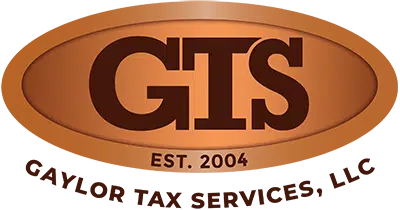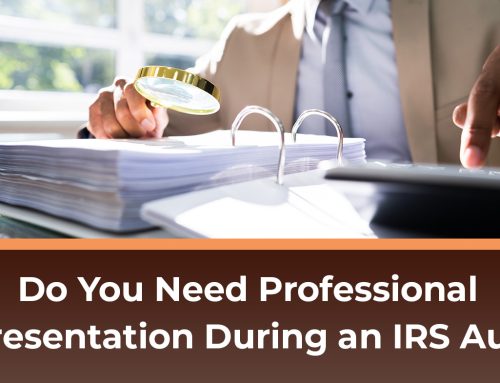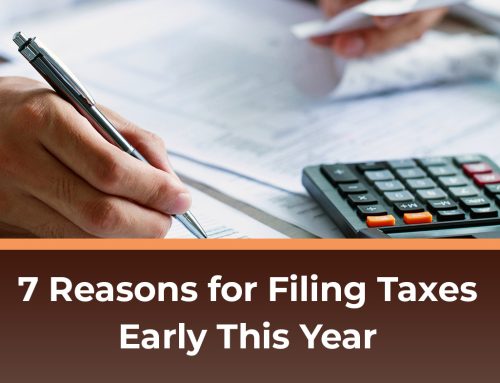While the chances of a tax audit are slim, there are some red flags that could prompt the IRS to take a second look at your return. Here are some common red flags that could trigger an audit so you can avoid them.
Making Errors
One of the biggest red flags that could trigger a tax audit is if there are errors in your tax return. Math errors, an incomplete tax return, or mismatched information are all stuff you need to watch out for. You could face extra scrutiny if you round numbers for your expenses rather than using specific dollar amounts as well. The IRS receives income information about you from third parties, including employers, investment firms, and others. By cross-referencing your return with these third-party sources, the IRS will know if things aren’t matching up. Unfortunately, it won’t matter if you made errors by accident.
To avoid this mistake, make sure you’re checking your tax return before sending it in. Or you can hire a tax specialist and have the peace of mind they’ll do things correctly.
Unreported Income
Just as we mentioned above, you’re not the only one to receive w-2 forms and 1099s reporting your income. The IRS gets copies too. If the numbers are different, you can expect to hear from the IRS.
When you gather your tax records before filing, make sure you’re gathering everything. Leave no W-2s or 1099s behind – especially if you did freelance work for several employees or if you changed jobs in the middle of the year. The IRS can easily check income reported on tax returns against employers, banks, and other reports. So, make sure you have everything with you before filing. And also, make sure you keep the files around longer than usual. The IRS has up to six years to initiate an audit if you’ve neglected to report 25% or more of your income.
Big Deductions and Large Tax Credits
Big deductions on a tax return, no matter what it is, can be red flag to the IRS that something may be wrong with a return. Whether it’s a gambling loss or charitable donation, if it’s large, the IRS might take a closer look. They’ll be even more interested if as a small business, you take large deductions while also reporting low income. This may indicate that you’re claiming more than is actually allowed. While this could be legitimate, the IRS will likely be interested in your tax return and want to look into this further.
It’s important to keep good, accurate records for support with any large deduction and credits you feel you’re eligible for.
Large Charitable Donations
Charitable donations are something you can write off on your tax return. But it’s important to keep in mind that the IRS knows what the average charitable deductions are at all income levels. Meaning if your charitable donations are higher than average, you’re going to stand out. That, and if you lack proper documentation like receipts, IRS Form 8283, or appraisals for donation of property, it can be a red flag for the IRS.
If you want to make large donations to charitable causes that are important to you, please do so. Just make sure you have the proper documentation ready just in case.
Claiming the Home Office Deduction
The home office deduction can be useful for those that are self-employed. However, while there are many cases where these are legitimate deductions, many times people overstate or misuse them, which is why the IRS investigates these deductions more than others.
To take the home office deduction, you must be self-employed. To qualify, you must use part of your home “regularly and exclusively” for business. Your office doesn’t have to be in a separate room, but it has to be an area of your home you don’t do anything else. The space must be your principal place of business or place where you meet regularly with clients or patients. You can deduct your actual expenses, including a portion of your renters or homeowners insurance, mortgage interest, and utilities based on the area of your home that you use to do business. If you take the home office deduction and it’s legitimate, be sure to have the proper support to back up your claims if any questions do arise.
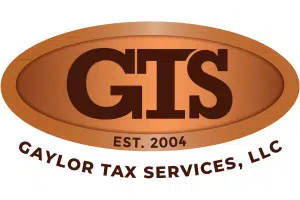
Our tax advisory firm is ready to help you.
Gaylord Tax Services is Here to Help
Are you being audited by the IRS? Gaylor Tax Services is here to help. The professional representation you can find with our firm can help keep your worries at bay. We are ready and willing to answer any questions the IRS may be asking of you. To avoid a tax audit in the future, let us also assist with your tax return. For individuals and businesses, we can help make sure there are no mistakes and that your tax return is prepared correctly. No matter what, don’t hesitate to contact us. We are located in Phoenix, Arizona but can assist you anywhere in the state.
